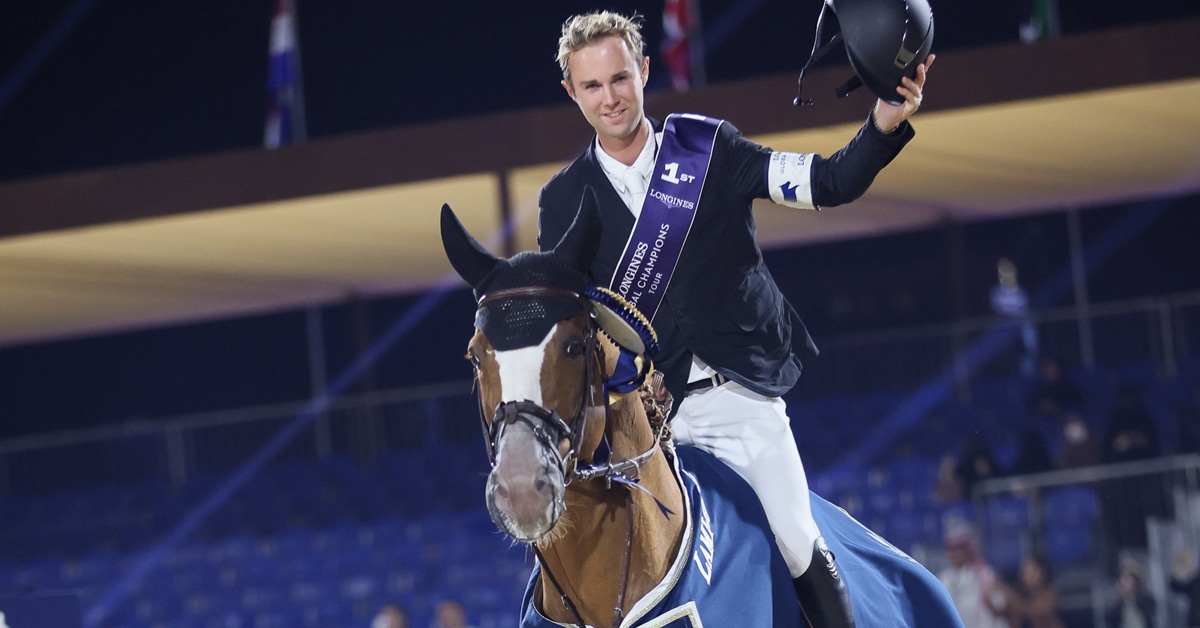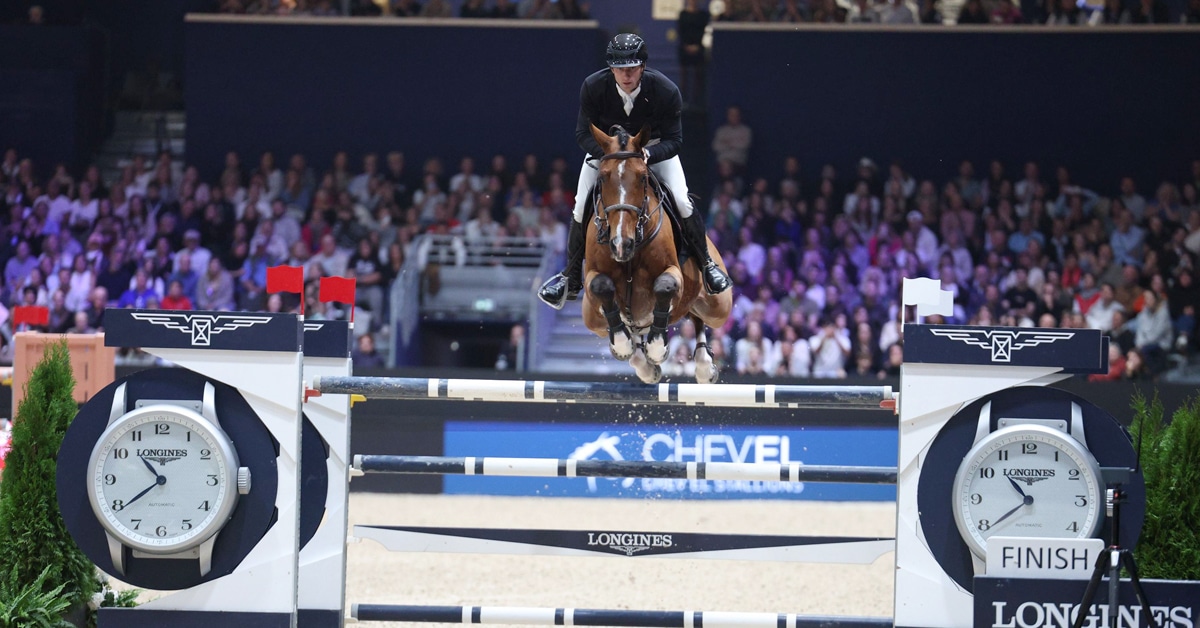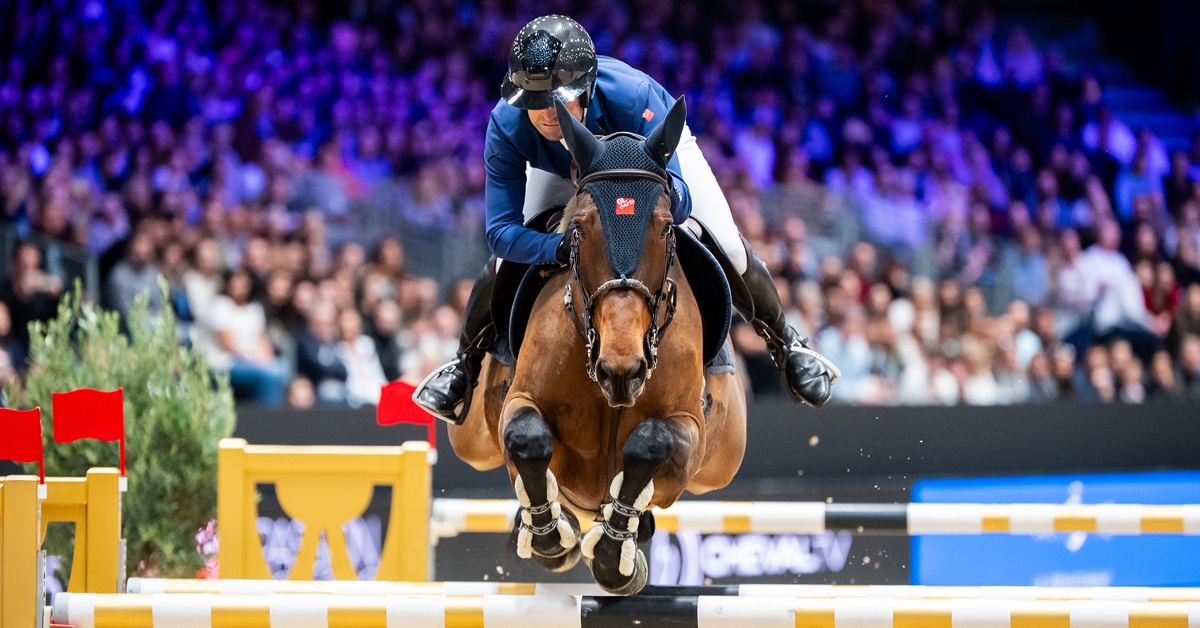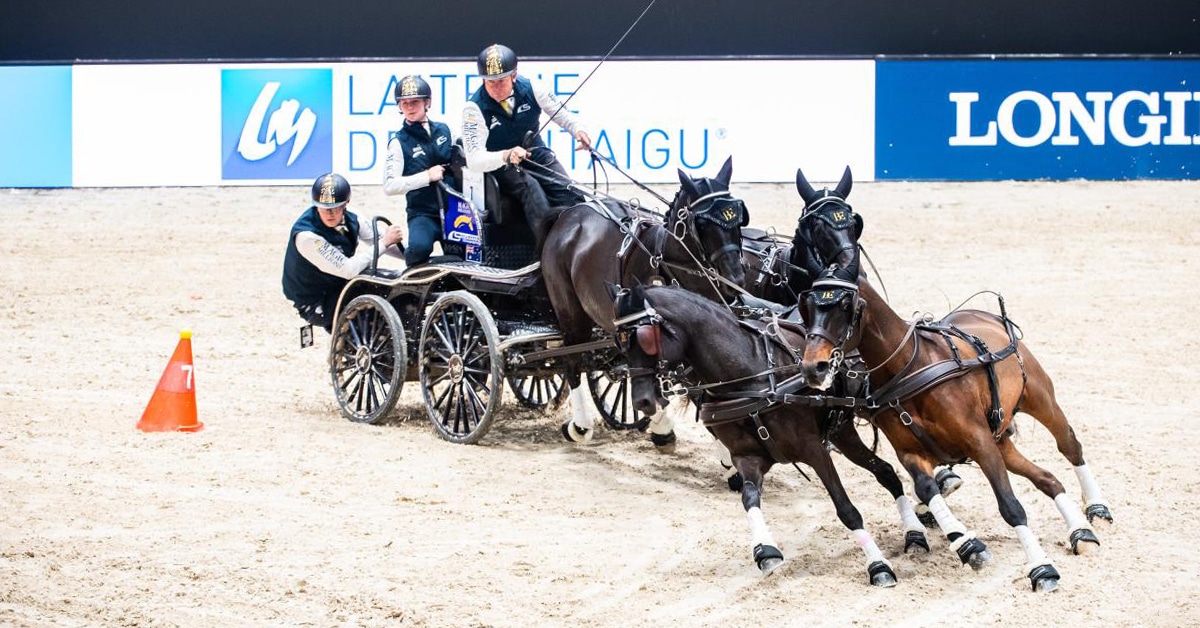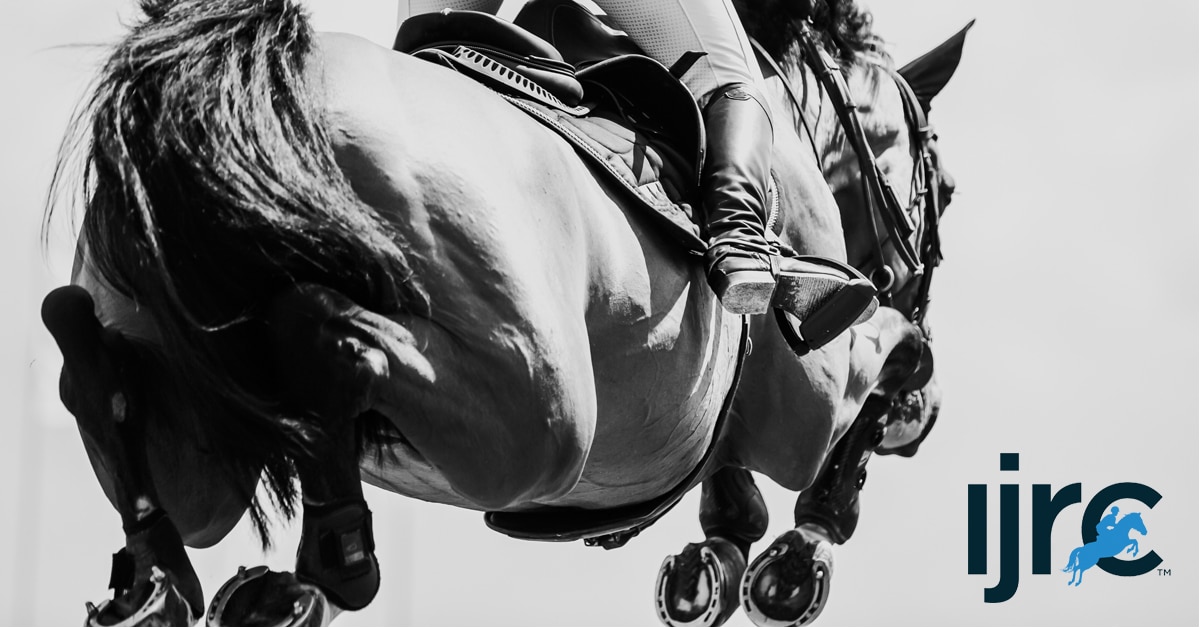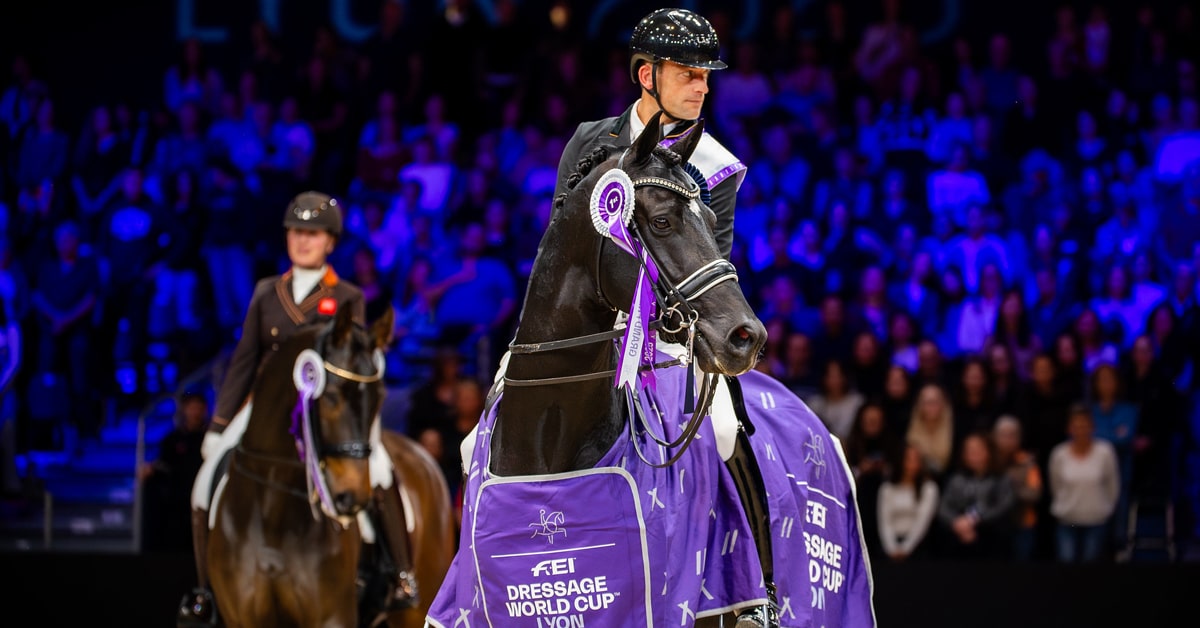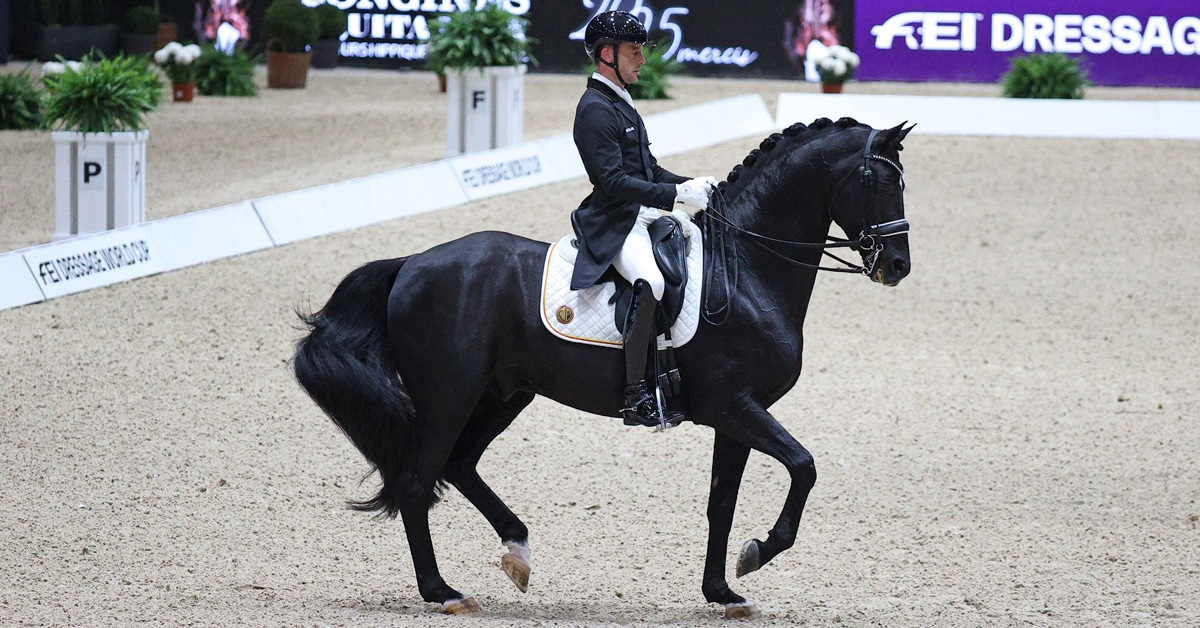Developing equestrian nations will no longer be able to influence FEI sport rules or other major policy matters until they have more experience, under a drastic constitutional change to be put before the FEI General Assembly (GA) in Antwerp next month.
The FEI board wants to alter the Statutes by creating a new “Associate” tier of membership which has no voting rights until the new country is admitted as a Full Member. Even then, it cannot vote on Olympic or Paralympic matters until it has started a rider at those events.
There will be no immediate impact as existing rights remain with all 136 countries ((70% of all the countries in the world) who are FEI members on November 12, the week before the 2021 GA. This includes many who, historically, have no presence whatsoever on the international stage but enjoy equal voting rights at the GA with major players such as the US (which has 2,408 FEI registered riders), Canada (691) Britain (2,487), Germany (3,042), France (5,163), Italy (3,152) and the Netherlands (1,203.)
Governing bodies in some other Olympic sports have a tiered membership structure, with voting rights determined by athlete participation levels and experience.
But until now the FEI has stuck firmly to one country, one vote, while riders grumbled that unpopular changes were pushed through by inactive countries. Jumping riders blamed non-jumping countries for influencing the controversial no-drop score format changes at the Tokyo Olympics. In 2019, others were upset that tough new endurance rules could not be approved solely by the 60-odd countries with a presence in FEI endurance.
Inexperienced countries also “swung” a pro-bute vote at the 2009 GA, so controversial that the FEI bureau member and jumping committee chair Sven Homberg resigned, and the FEI board later used special powers to overrule it.
This sensitive topic of equal voting rights was rarely aired in a FEI assembly until 2019, when Tore Sannum, (president of the Norwegian federation, a founder member of the FEI in 1921) said it gave the FEI a credibility problem.
The powerful European Equestrian Federation lobbied the FEI in February of this year, and in March the FEI set up a working group comprising FEI vice-president Jack Huang (of Chinese Taipei, which has 11 FEI-registered riders), Luiz-Roberto Giugni (Brazil, 347), Gigi Matthias (Namibia, 1) and Soenke Lauterbach (Germany, 3,042 ). Their recommendation was put out for consultation to existing member countries in July and has received no feedback, either for or against.
If the proposal is passed, new member countries must join as an Associate. Until they are accepted as a Full Member (under “development goals” not set out in the proposal document) they will not, among other limitations, be able to suggest or vote on rule changes, or propose candidates for elected or appointed roles at the FEI. The full wording is here.
Twenty-five of the countries that joined the FEI in the past 30 years still have fewer than 50 registered riders between them. Other countries who will retain full voting rights because they are existing members include nine who neither organised any FEI shows and/or registered any riders, horses or officials in 2021 – Turkmenistan, the Republic of Korea, Iceland, Cambodia, Ivory Coast, Mongolia, Ethiopia and Haiti. While the pandemic has affected activity in some countries, a further nine had no FEI-registered riders this year – Angola, Barbados, Congo, Eswatini, Jamaica, Kenya, Malawi, Mauritius and Myanmar.
More News
